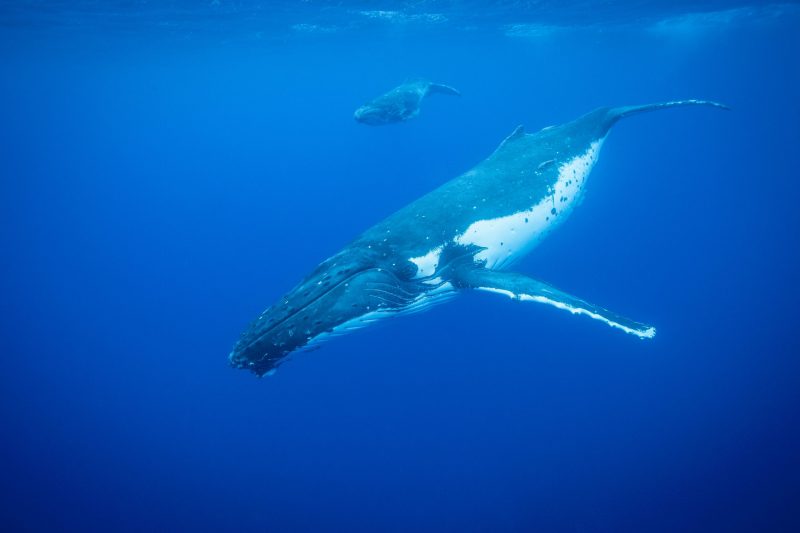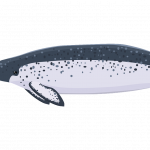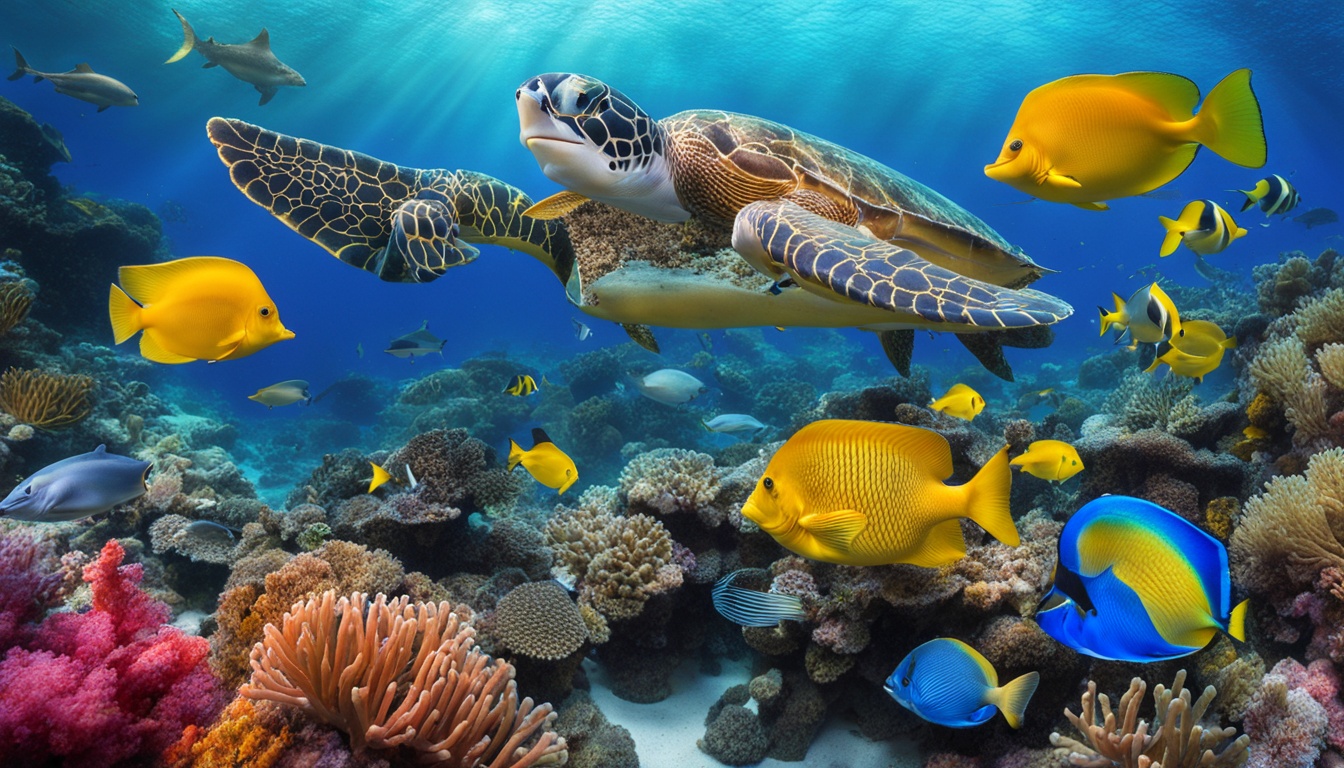When you talk or think about the whales, one thing that will come to your mind is that they are very dangerous. You might be thinking because of their size and big deadly bodies.
No doubt that they are really big and are one of the biggest ocean predators but at the same time this is not the case with whales. Consider yourself to be in the 18th century for a moment. The seas are an uncharted and perilous frontier teeming with frightening species.
You only know about whales because Moby Dick describes the white whale. Perhaps you’ve heard of Jonah, the Old Testament prophet who was physically eaten by a whale. You can get the wrong notion from these stories that whales are exceedingly dangerous water monsters.
Thankfully, we now have much more factual facts to base our opinions on whales!
Most people’s perceptions of whales have shifted as a result of modern Sea World exhibitions, aquariums, BBC shows like Blue Planet, and contemporary whaling regulations.
Perhaps our perception of whales is now more in line with the truth regarding these gigantic creatures. Because whales are gorgeous, enormous, and incredibly clever, it’s important to separate fact from fantasy.
Whales, on the whole, aren’t particularly harmful. Whales are curious and sociable maritime creatures for the most part. They have even been seen contacting boats a try to figure out what is going on. Those who aren’t interested in learning are frequently isolated and bashful. Because whales are too enormous to be kept in captivity and live far from land, the majority of our close encounters with cetaceans entail spending more time with dolphins.
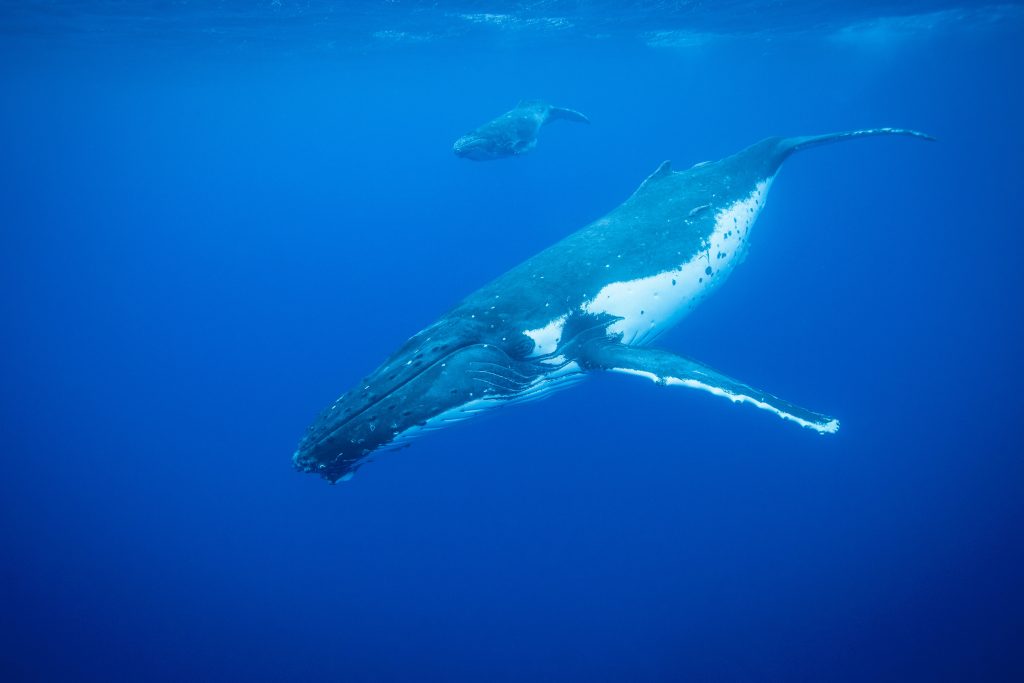
Are Whales Mean to Humans?
Whales can often be observed moving close to undersea videographers and photographers and interacting with whale observers in certain nations, and even chasing huge ships out of curiosity, if we study whales in the media.
Whales, as a species, are normally non-violent and do not attack humans; nevertheless, in cases where a whale feels threatened or terrified, it may protect itself by fighting what it perceives to be a possible threat. While whale attacks are rare, it’s vital to remember that they do happen.
If a whale has been abused in the past or becomes terrified by loud noises or strange reactions created by a ship or group of humans, it may attack a boat hip or a possible threat.
Whales may have become hostile in the past if they were attacked by other whales or large ships that constituted a threat to their health. Whales seem to be non-aggressive from a historical standpoint.
Their relatives, the dolphins, are known for being extremely friendly and interested in humans, frequently demonstrating a wish to greet and meet strangers. So, most of the time they are not dangerous to humans but they will only attack when they will feel threatened by the people or other animals.
Which Type of Whale Is Dangerous?
Orcas often called deadly whales, are believed to prey on dolphins and seals, among other marine creatures. Even these ferocious predators, however, are no match for a fully developed blue whale: A mature blue whale can grow to be over 100 feet long and weigh up to 200 tones, making it the world’s largest animal.
The killer whale is it can see from the name that, they are the most dangerous whale in the world. They do have long teeth and big jaws which they use to kill other predators or sea animals. They will not likely attack at first but when they will find themselves in trouble then they will attack to defend themselves.
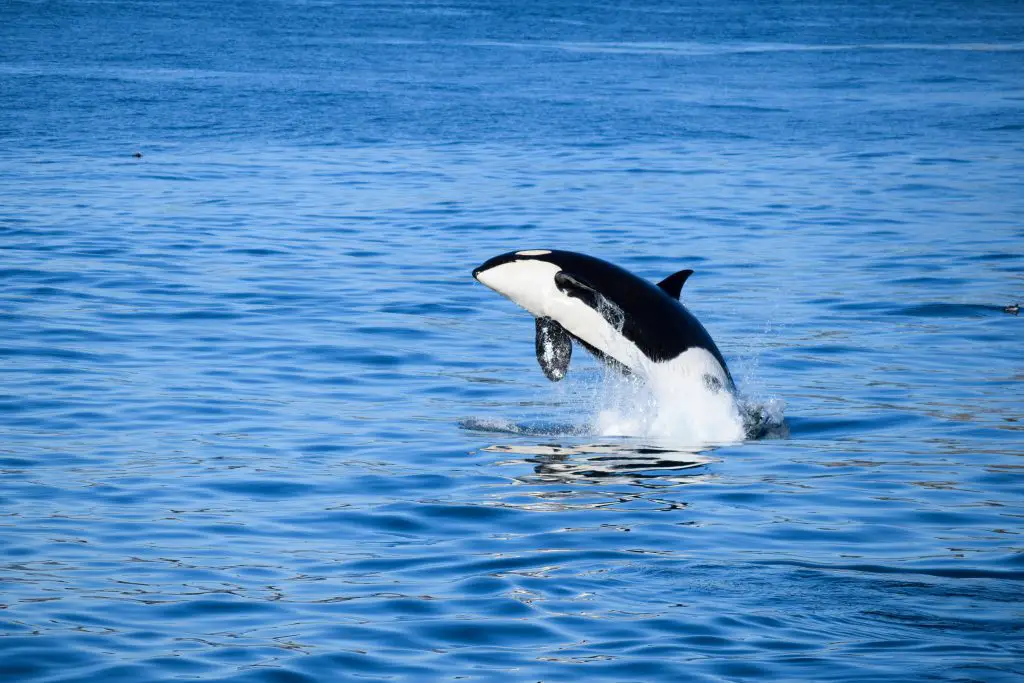
Do Dangerous Whales Feel Pain?
Whales and their perception of pain has been a topic of interest among researchers. Studies suggest that whales possess nervous systems capable of sensing pain, suggesting that they might indeed feel pain. However, understanding the extent of their perception and experience of pain still requires further investigation and exploration into their complex physiological and behavioral characteristics.
Is It Safe To Swim With Whales?
Despite their enormous size, whales are among the gentlest animals on the planet. Swimming with whales is safe, but make sure you follow your guide’s recommendations. Maintain a safe distance from the whales and avoid touching them.
Humpback whales are extremely observant of their environment and avoid anything or anyone in their path. Only be aware of their tails, as they are unable to see who is following them.
So it is safe to swim with whales as they will just swim and do nothing but if you will do unusual things near them, they can be aggressive.

